Around the world, 2021 was another frustrating year for gambling, both for players and operators. Instead of talking about growth and new markets, the conversations instead centered around how to survive, and thrive, in a world where an ever evolving pandemic thwarted most efforts. Canada finally approved single game sports betting for it's citizens, yet other markets took two steps forward and one step back, due in part to Covid.
I'll start out with the 5th topic and move around the globe to find the top 5 gambling stories of 2021.
5. The sale of William Hill’s non-US assets
In September of 2020 William Hill agreed to a takeover by Caesars Entertainment for £2.9 billion (approximately $3.9 billion). The deal was finalized in April of 2021. Caesars made it clear that they only had interest in the U.S. operations and particularly in the company’s expertise to help them launch an assault into the fast growing U.S. online sports betting market. They planned to auction off the non-U.S. part of the company, which included the land based British bookmaking shops and the online operations, which catered to customers outside of the United States. While Caesars had no interest in William Hill worldwide, other European operations were chomping at the bit to get their hands on the assets of the 87 year old company given its history, name recognition and connections to important businesses and individuals, including the Royal Palace.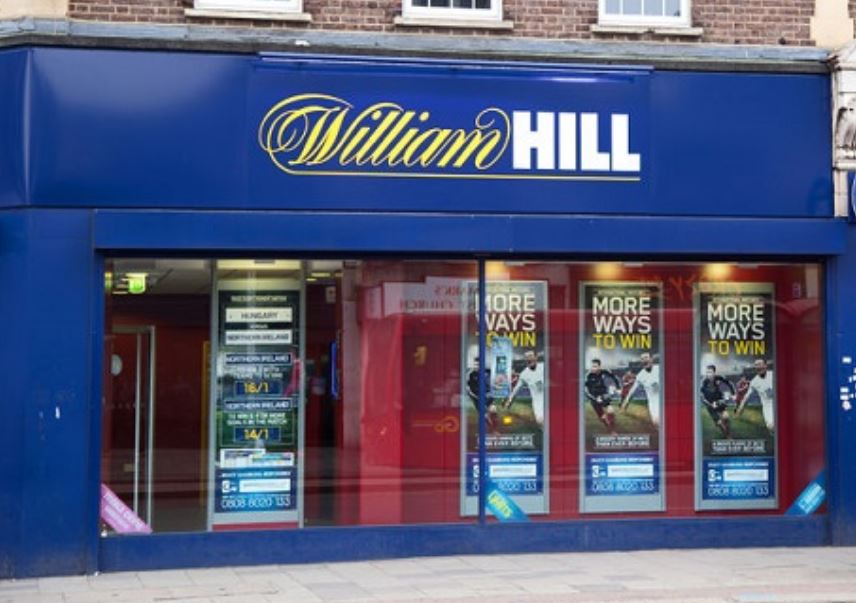 Caesars apparently had hoped to recoup at least half of their investment from the sale of the non U.S. part of the company, but a bidding war broke out between Apollo Capital Management, (a U.S. private equity firm who were the main competitor to Caesars in the original bid), CVC Capital Partners (a subsidiary of Citibank), and 888 Holdings, a major Gibraltar based gaming operator with a presence in many jurisdictions, including the United States. When the final gavel fell in September, 888 Holdings won the bid for £2.3 billion. It was apparently higher than Caesars was expecting, meaning that Caesars final price for the U.S. operations was less than $1 billion USD.
Caesars apparently had hoped to recoup at least half of their investment from the sale of the non U.S. part of the company, but a bidding war broke out between Apollo Capital Management, (a U.S. private equity firm who were the main competitor to Caesars in the original bid), CVC Capital Partners (a subsidiary of Citibank), and 888 Holdings, a major Gibraltar based gaming operator with a presence in many jurisdictions, including the United States. When the final gavel fell in September, 888 Holdings won the bid for £2.3 billion. It was apparently higher than Caesars was expecting, meaning that Caesars final price for the U.S. operations was less than $1 billion USD.
After winning the bid, 888 CEO Itai Panzer said that he would be keeping all the betting shops on Britain’s High Street and that William Hill lines up perfectly with 888's operations.
"Our strategies are complementary, being digitally led, customer focused, and committed to player protection and raising industry standards around safer gambling . . . We are also excited about the opportunities that the retail business provides and see significant brand benefits."
John Mendelson, chair of 888 added, "We believe the acquisition will create significant value for shareholders, creating a combined business with leading technology, products and brands across sports betting, gaming and poker, supported by top quality management talent from both businesses."
While 888 and Caesars were thrilled with the deal, 888 stock dropped almost immediately on the FTSE Exchange after the announcement was made. Before the announcement the stock value of 888 was 414 GBX and on September 10th, after the sale, it fell to 385GBX. It rebounded to almost 457 GBX two weeks later when there were rumors the sale may fall through, but it has steadily dropped due to worse than expected earnings by both 888 and William Hill and the re-emergence of the COVID-19 virus with the current omicron spike.
4. The legalization of single game sports betting in Canada
For almost a decade now, Canada had been expected to remove a section of the criminal code that prevented citizens from wagering on single games in sports betting after a private member’s bill introduced by NDP MP Joe Comartin got unanimous approval in the House of Commons. That change, however, never came about for several reasons. 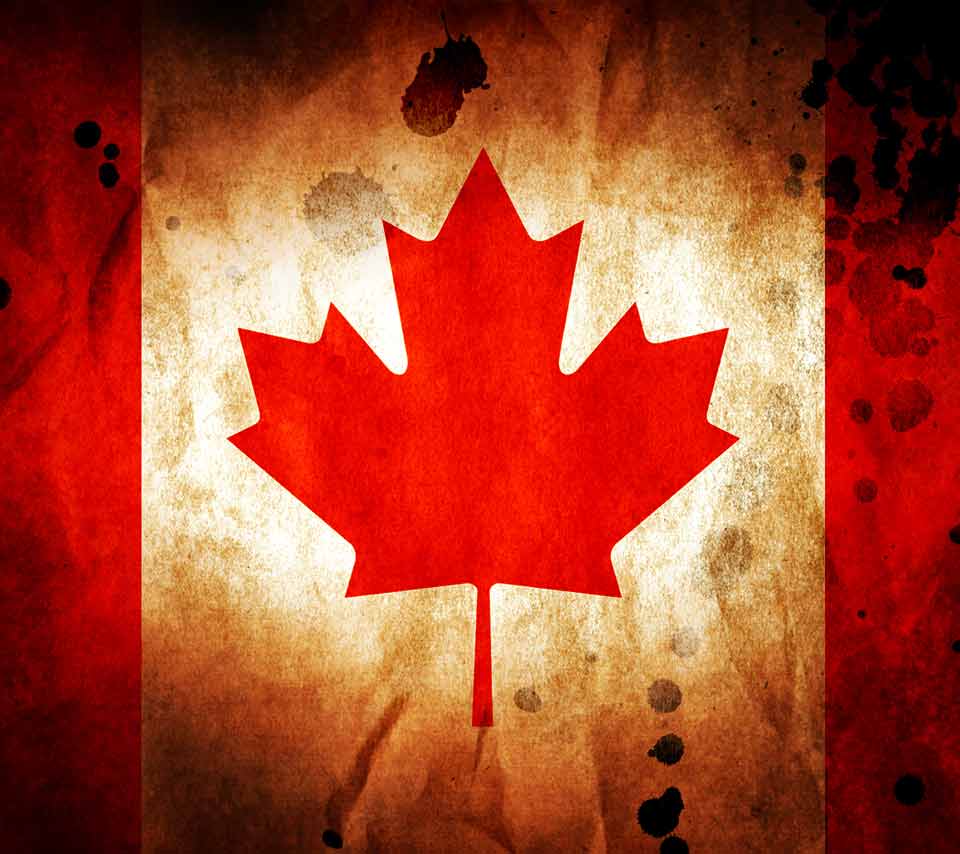 The first death knell for the bill occurred in 2015 when the Canadian Senate stalled the bill, saying that it wasn’t voted on properly in the House of Commons, although almost all Canadian analysts agreed that the Senator’s real reasons for delaying it were that lobbyists from sports leagues, including the NHL, asked them not to approve it and they were trying look relevant and deflect from a spending scandal that the public was upset about. The second death knell came the following year after a different version of the bill was reintroduced in The House and was defeated by a 156-133 vote by mostly newly elected Liberal MPs, who didn’t want to upset their Senate counterparts, along with the fact that most new MPs said it opposed their moral values.
The first death knell for the bill occurred in 2015 when the Canadian Senate stalled the bill, saying that it wasn’t voted on properly in the House of Commons, although almost all Canadian analysts agreed that the Senator’s real reasons for delaying it were that lobbyists from sports leagues, including the NHL, asked them not to approve it and they were trying look relevant and deflect from a spending scandal that the public was upset about. The second death knell came the following year after a different version of the bill was reintroduced in The House and was defeated by a 156-133 vote by mostly newly elected Liberal MPs, who didn’t want to upset their Senate counterparts, along with the fact that most new MPs said it opposed their moral values.
Things changed the following year when the U.S. Supreme Court struck down PASPA, allowing U.S. states to offer sports betting. Provinces, spurred on by casino owners told the feds that their opposition was harming Canadian gambling companies and that they had to follow suit to survive, or else Canadians would gamble at border U.S. casinos instead. Sports leagues that decided to throw their support to U.S. sports betting announced that they no longer disapproved of single game sports betting and urged the federal government to support any bills to change the law. The COVID-19 pandemic was the final straw and provincial governments said they needed gambling revenues to help pay the bills. MP Kevin Waugh reintroduced the bill in 2021 and it was all but a done deal that it would pass. In August of 2021 Waugh’s Bill C-218 was affirmed and signed into law. The law doesn’t specifically make single game sports betting legal and instead allows provinces to operate gambling in any way they see fit, meaning there are no longer any federal restrictions on gambling of any sort.
B.C. and Manitoba were the first provinces to offer single game sports betting since they already had the platform developed by SG Digital on their PlayNow.com website, so it was simply a matter of flipping a switch. Ontario was the next province to offer single game sports betting via the provincial lottery site on platform they called Proline+ and that was soon followed up by Quebec, Alberta and the Maritime provinces. Criticism by many players in Canada has been that the offerings are very small in some provinces like Ontario and the Maritimes and that the odds vary greatly across the different jurisdictions. The odds on many games in the Maritimes are said to be better than at Vegas sportsbooks, while Quebec's odds are said to be simply atrocious. The other provinces seem to be running standard 20 and 30 cent lines.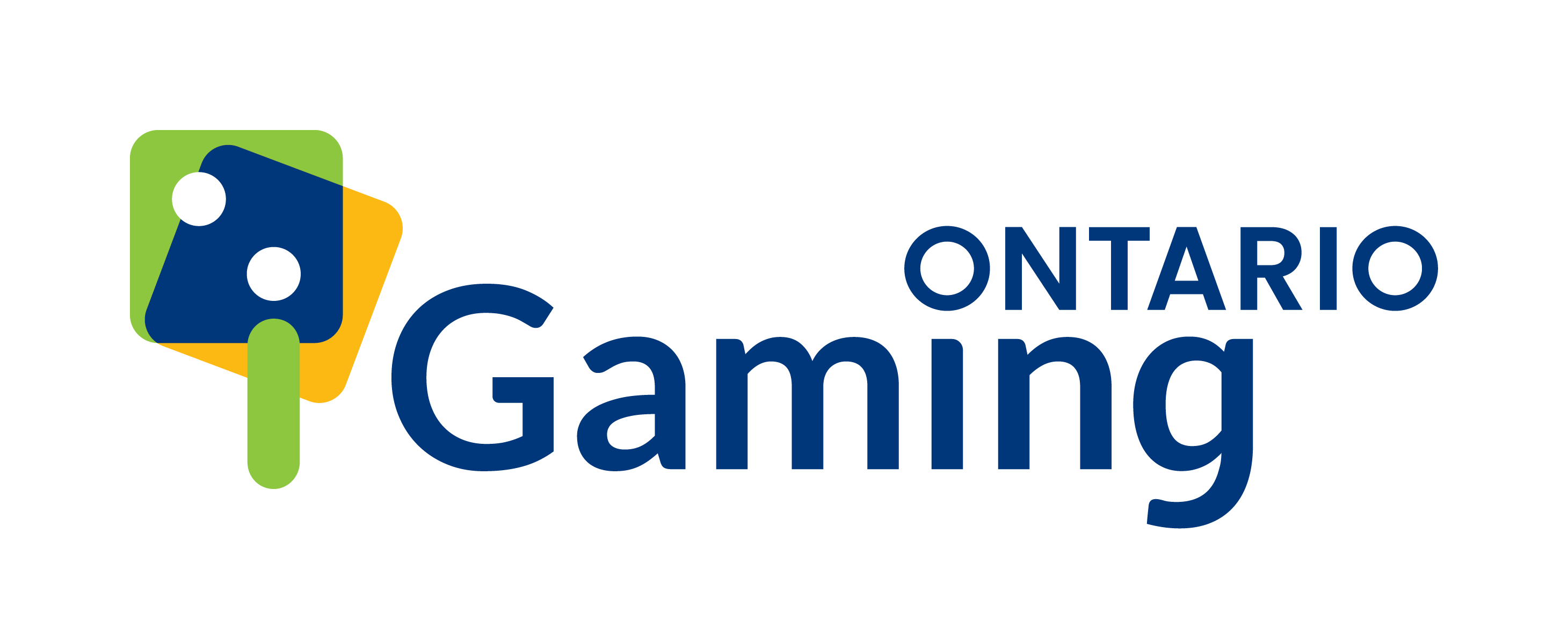 While most of the provinces seem happy with their current operators, Ontario announced that it was tendering bids from other gambling companies and that there would be an open process, so that any company could offer sports betting in Ontario for a license fee, provided they meet the government requirements. PointsBet has already started advertising in Ontario media that their product will be coming soon, and it is expected that operators like Bet365, DraftKings, FanDuel and 888 (likely with the William Hill name) will start offering products in Ontario as well. Currently, however, the only entity given approval to run sports betting in Ontario is the lottery.
While most of the provinces seem happy with their current operators, Ontario announced that it was tendering bids from other gambling companies and that there would be an open process, so that any company could offer sports betting in Ontario for a license fee, provided they meet the government requirements. PointsBet has already started advertising in Ontario media that their product will be coming soon, and it is expected that operators like Bet365, DraftKings, FanDuel and 888 (likely with the William Hill name) will start offering products in Ontario as well. Currently, however, the only entity given approval to run sports betting in Ontario is the lottery.
3. New German gambling treaty starts operating
After a tumultuous decade in Germany which saw the country try to pass an online gambling law limiting licenses to 20 companies that was struck down by EU courts; a counter proposal to open it up to more licenses that still was ruled to be violating EU rules; a rogue German state taking advantage of the national government’s plan by allowing worldwide companies to apply for a Schleswig-Holstein license that permitted gambling sites to cater to German players including sports betting, casinos and poker; and a final desperation move by the national government to issue temporary licenses for sports betting while they figured out what to do next; Germany finally launched a new national treaty that all parties could finally agree to. The new treaty, called the German Interstate Treaty on Gambling, includes a licensing regime to enable gambling companies to offer online sports betting, virtual slot machines and online poker in exchange for a hefty licensing fee.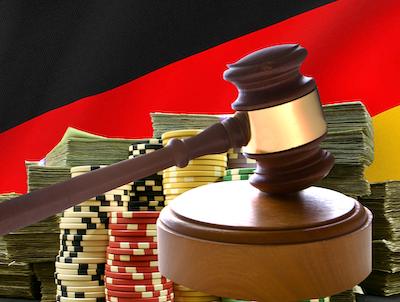 The devil, however, is in the details. Operators need to deposit at least 5 million euros, and the amount could increase dramatically based on expected volume, meaning companies like Bet365 or BWin could be asked to deposit hundreds of millions of euros. As well, there is a maximum monthly deposit limit of 1,000 euros for players, the maximum bet per spin on slots is 1 euro, each slot machine game must last at least 5 seconds, and players can only play with one provider at a time. As well advertising is only allowed from 9 p.m. to 6 a.m., can not be shown as a way to solve financial problems and a hefty 5.3% turnover tax is charged on all online slots and poker games.
The devil, however, is in the details. Operators need to deposit at least 5 million euros, and the amount could increase dramatically based on expected volume, meaning companies like Bet365 or BWin could be asked to deposit hundreds of millions of euros. As well, there is a maximum monthly deposit limit of 1,000 euros for players, the maximum bet per spin on slots is 1 euro, each slot machine game must last at least 5 seconds, and players can only play with one provider at a time. As well advertising is only allowed from 9 p.m. to 6 a.m., can not be shown as a way to solve financial problems and a hefty 5.3% turnover tax is charged on all online slots and poker games.
According to reports, the backlash against the new regulations has been so strong that very few offshore operators have applied for a license, saying that under those rules it will be almost impossible to make money. The European Gaming and Betting Association filed a complaint with the EU courts saying that many of the rules, including the turnover tax, violates EU rules and the German lottery has filed a complaint with the government saying that the new treaty will harm their business. Also, in polls conducted among bettors, almost half of the German bettors polled said they will continue to play offshore under the current rules since the low account and betting limits make it unappealing to them. The EU court is looking into the complaint by operators, but has yet failed to rule.
So, while a new treaty has been created, it seems that it will not be the end of the situation if no companies are willing to abide by it. What should have been a final resolution to an ongoing situation is still up in the air.
2. Osaka signing an agreement with MGM for an integrated resort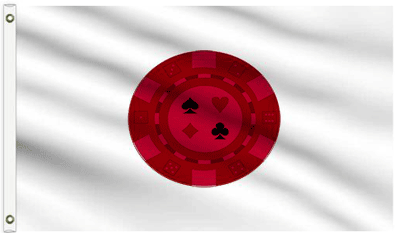 When Japan announced they were going to legalize resort casinos, casino operators were falling over themselves to be among the chosen few. Three cities were chosen as host cities - Osaka, Yokohama and Nagasaki, and Osaka was clearly seen as the gem of the three. MGM, Genting, Galaxy Entertainment and Las Vegas Sands put in bids to build the Osaka casino. Wynn, Caesars, and Melco Entertainment also considered bids, but changed their minds as Wynn decided to focus on Yokohama instead, while Caesars and Melco dropped out when they realized how high the investment was going to be. MGM eventually committed to putting out $10 billion to build the Osaka casino, which led to the Las Vegas Sands withdrawing their bid. All three companies instead decided to investigate a Yokohama casino bid instead.
When Japan announced they were going to legalize resort casinos, casino operators were falling over themselves to be among the chosen few. Three cities were chosen as host cities - Osaka, Yokohama and Nagasaki, and Osaka was clearly seen as the gem of the three. MGM, Genting, Galaxy Entertainment and Las Vegas Sands put in bids to build the Osaka casino. Wynn, Caesars, and Melco Entertainment also considered bids, but changed their minds as Wynn decided to focus on Yokohama instead, while Caesars and Melco dropped out when they realized how high the investment was going to be. MGM eventually committed to putting out $10 billion to build the Osaka casino, which led to the Las Vegas Sands withdrawing their bid. All three companies instead decided to investigate a Yokohama casino bid instead.
It seemed like the deal would be consummated sometime in early 2020 to ensure that the resort casino could be built in time for the 2025 World’s Fair to be held in Osaka, but then COVID-19 hit. The whole country was practically shut down for most of 2020 and the first part of 2021 to the degree that the 2020 Beijing Olympics had to be pushed back to 2021, with all events taking place in empty stadia. Things improved slightly in 2021, but it was clear that it would be some time before things could get back to normal. To add to the frustration for the Osaka government, the Chinese government in 2020 announced a huge crackdown on travel for gambling, which included Australia, The Philippines, Singapore and Vietnam, and it was just accepted that Japan would be added to the list too, once the casino was built.
As a result of the delay in awarding a bid, it was clear to all parties that a resort casino would likely not be built in time for The World’s Fair. MGM said that in the current climate the earliest they could finish the casino would be 2028. With that announcement, all bidders except MGM dropped out and it was expected that MGM, as the lone bidder, would lower their proposal, since revenue expectations were now less. Realizing that, the Osaka mayor said they would continue to take bids until 2022 and was in no rush to award the casino to MGM or any other company.
Yokohama, which was seen as a viable second choice, was taken off the table after Yukio Fujiki, a very respected and influential businessmen said he would commit suicide by seppuku if a casino was built in Yokohama. That, combined with a newly elected mayor who was opposed to gambling, resulted in Yokohama withdrawing their bid to host a casino.
By all accounts it was clear to Osaka that they weren’t going to get a better bid than the $10 billion committed by MGM and it was clear to MGM management that Osaka would rather drag out the process than settle for a lowball offer, so in September of 2021 the Osaka government announced that it accepted MGM’s bid of $10 billion to build the resort casino. MGM announced it would team up with ORIX, a Japanese financial group, to build the casino along the waterfront of Osaka’s Yumeshima island. The plan includes hotels totaling 2,500 rooms, spas, dining options, a banquet hall, convention center, entertainment theater and an innovation laboratory. In a press release MGM said the resort casino is expected to attract 20 million visitors a year and to create about 15,000 well paying jobs.
"It is an honor to be selected as Osaka's partner in developing an integrated resort. I commend the city in undertaking a comprehensive and thoughtful process to meet its goal of developing a world-class integrated resort in Osaka," said MGM Resorts CEO & President Bill Hornbuckle in a press release. "We will work closely with prefectural/city municipal governments to deliver an iconic, uniquely Japanese destination warranting Osaka's selection as home to one of Japan's first integrated resorts."
It is uncertain when the casino can be completed, although there is hope that Osaka can get the World Fair pushed back in light of the ongoing pandemic and, so the new resort casino can still be featured.
1. A new licensing scheme in Macau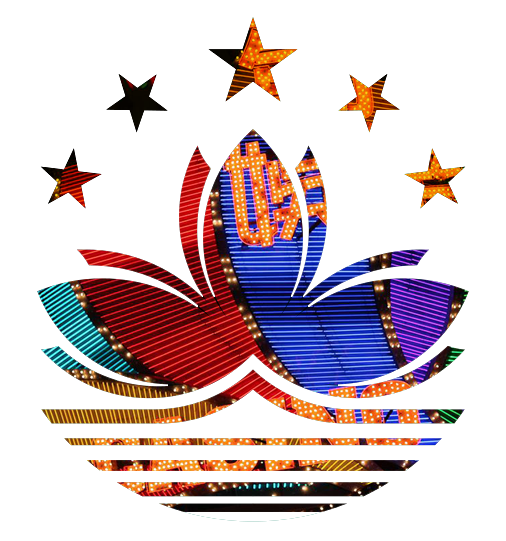 Ever since the Chinese government opened up the bidding process for licenses in Macau in 2002, it has been viewed as a license to print money. The casinos have made investors like Stanley Ho, Sheldon Adelson and Steve Wynn wealthier than they could have imagined. Las Vegas Sands in particular has benefitted with four casinos on the island. The investment, however, has not gone without controversy. Government corruption, influence peddling, crime triads running the show in many casinos and several scandals have made it anything but smooth sailing. Casino owners and operators, however, have been willing to look the other way, simply chalking up the dirty dealings as a necessary way of doing business in Macau. One particular area of concern is the use of junkets, which search for high rollers and extend credit to them, meaning the high rollers are playing with the junket’s money. This is done to get around Chinese laws that prohibits nationals from visiting Macau more than once every two months and carrying more than the equivalent of $3,000.
Ever since the Chinese government opened up the bidding process for licenses in Macau in 2002, it has been viewed as a license to print money. The casinos have made investors like Stanley Ho, Sheldon Adelson and Steve Wynn wealthier than they could have imagined. Las Vegas Sands in particular has benefitted with four casinos on the island. The investment, however, has not gone without controversy. Government corruption, influence peddling, crime triads running the show in many casinos and several scandals have made it anything but smooth sailing. Casino owners and operators, however, have been willing to look the other way, simply chalking up the dirty dealings as a necessary way of doing business in Macau. One particular area of concern is the use of junkets, which search for high rollers and extend credit to them, meaning the high rollers are playing with the junket’s money. This is done to get around Chinese laws that prohibits nationals from visiting Macau more than once every two months and carrying more than the equivalent of $3,000.
While it was a dirty little secret, it was all brought into the public spotlight when Steve Jacobs, was assigned by Adelson to run the show in Macau and he tried to stop the illegal activities, including the use of a Chinese lawyer whose job was to bribe Chinese officials and smooth over the situation when Adelson angered them, saying he was worried these tactics could catch the eye of U.S. regulators. Jacobs listed all these shenanigans after he was fired by Las Vegas Sands and launched a wrongful dismissal case against the company. Chinese government officials apparently were very upset with the allegations, mostly because they didn’t like their dirty laundry being aired in public. Consequently, the Chinese government vowed to do something about the problems that were happening in Macau, although it was clear that meant both cutting down on crime and punishing the troublemakers.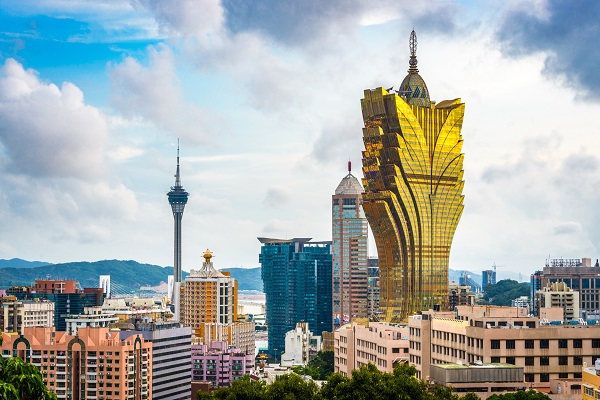 The 20-year licenses awarded in 2002 are set to expire in June 2022 and it was expected that Macau would renew existing licenses and likely expand that number to generate more revenue. However, in September, Lei Wai Nong, the Secretary for Economy and Finance in Macau, said that he was worried that an increase in licenses could lead to "an unhealthy competitiveness", indicating he may be looking to cancel some existing contracts. He also indicated that the sublicenses would be abandoned, and every casino would have its own license. Wynn currently has a full license, but Las Vegas Sands is a sublicense under Galaxy Entertainment’s license. It is expected that the current licenses will be renewed, but that the license period may be much shorter and that each company would be kept on a short leash and could have their license revoked at any time. Given the questionable relationship between Las Vegas Sands and the Chinese government this must be a concern for LVS, although Sheldon Adleson’s death in January likely will help alleviate some of those concerns.
The 20-year licenses awarded in 2002 are set to expire in June 2022 and it was expected that Macau would renew existing licenses and likely expand that number to generate more revenue. However, in September, Lei Wai Nong, the Secretary for Economy and Finance in Macau, said that he was worried that an increase in licenses could lead to "an unhealthy competitiveness", indicating he may be looking to cancel some existing contracts. He also indicated that the sublicenses would be abandoned, and every casino would have its own license. Wynn currently has a full license, but Las Vegas Sands is a sublicense under Galaxy Entertainment’s license. It is expected that the current licenses will be renewed, but that the license period may be much shorter and that each company would be kept on a short leash and could have their license revoked at any time. Given the questionable relationship between Las Vegas Sands and the Chinese government this must be a concern for LVS, although Sheldon Adleson’s death in January likely will help alleviate some of those concerns.
Le Wai Nong also indicated there would be many changes for licensees going forward. Companies will have to hire more locals with preference given to people with disabilities, salaries and benefits will have to increase, licensees will have to contribute more to culture, charities, education and infrastructure, licensees will have to invest in non-casino space, such as convention centers, entertainment complexes and parks, and all casino companies will have to accept oversight by Chinese officials, who will be looking out for suspicious or illegal activities. Nong also said they will be increasing verification measures for junkets.
These new measures are expected to eat dramatically into the profits of casino companies, which is a major concern, especially now after revenue projections have been slashed due to almost two years of low traffic because of the pandemic, with no real end in sight.
This major change to the largest casino destination in the world makes it the #1 story of 2021.
Read insights from Hartley Henderson every week here at OSGA and check out Hartley's RUMOR MILL!








































